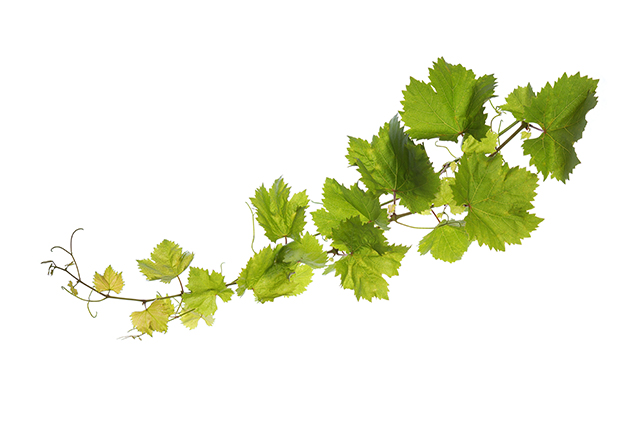Korean herb “dog-strangling vine” found to be an effective treatment against viruses
03/12/2019 / By Jhoanna Robinson

A study reveals that the Korean herb Cynanchum paniculatum (Bunge) Kitag or “dog-strangling vine” is an effective treatment for viral infections and diseases.
The roots of the dog-strangling vine that were used in the study came from the Jaechun Yakcho market at Chungchungbuk-do in South Korea and were identified by the Department of Plant Resources in Kongju National University.
The researchers found out that the plant can be utilized to alleviate the effects of bovine viral diarrhea virus. (Related: 11 Effective Natural Remedies To Treat Viral Infections.)
Bovine viral diarrhea virus (BVDV) is an enveloped positive-strand RNA virus that has generic status in the family Flaviviridae. It can result in a variety of clinical diseases that range from mere infections to more severe manifestations including abortion, fatal mucosal disease, and infertility.
Bovine viral diarrhea virus affects many animal species such as goats, bison, alpacas, cattle, llamas, pigs, sheep, and white-tailed deer, among others.
Antiviral drug for BVDV
The roots were dried and ground into powder. The air-dried plant of Agrimonia pilosa (525 g) was fractioned with methanol at room temperature. The plant fractions were filtered via filter paper and then evaporated using a rotary vacuum operator at 45 C in a water bath.
The methanol fraction of the plant was divided with organic solvents of different polarities to obtain n-hexane, chloroform, ethyl acetate, n-butanol, and distilled water fractions. Recovery of the concentrate was done with a small volume of solvent, with the container being kept open at room temperature until all the residual solvent had evaporated.
Mother Nature's micronutrient secret: Organic Broccoli Sprout Capsules now available, delivering 280mg of high-density nutrition, including the extraordinary "sulforaphane" and "glucosinolate" nutrients found only in cruciferous healing foods. Every lot laboratory tested. See availability here.
The dried crude fractions were dissolved in dimethyl sulfoxide at a final concentration of 20 milligrams per milliliter. Samples were stored at four degrees Celsius.
“One limitation of the present study is that data on the composition of each organic solvent extract were not collected. Despite this limitation, this research data suggest that the functional fraction has one single compound responsible for the antiviral effect and no cytotoxicity,” the researchers noted in their study.
“In conclusion, it appears that the antivirus activity of the Cynanchum paniculatum (bunge) kitag extract is from secondary metabolites. This study supports the possibility that the Cynanchum paniculatum (bunge) kitag extract could be an alternative antiviral drug for BVDV,” the researchers added.
More on the dog-strangling vine
The dog-strangling vine sprouts over a wide range of habitats, and it thrives quickly along roadsides, ditches, and fence lines. Its seeds are scattered in short distances by the wind or long distances by moving machinery. Seeds may also be passed on from one place to another by falling into moving water and floating downstream.
The dog-strangling vine is usually considered a nuisance in managed woodlots, as it can block pathways and hinder recreational activities within the area. It grows up to two meters tall. It is endemic to Asian countries such as Korea and China, but can also be found in Canada and the United States.
Dog-strangling vine is closely related to the black dog-strangling vine or black swallow-wort (Vincetoxicum nigrum), which is endemic to Ukraine and the surrounding areas of Europe and is generally cultivated as a garden plant.
For more studies and stories on plant-based alternative medicine, visit NaturalMedicine.news.
Sources include:
Tagged Under: alternative medicine, antiviral, antivirus, dog-strangling vine, herbal medicine, kitag roots, natural cures, natural medicine, viral infections




















